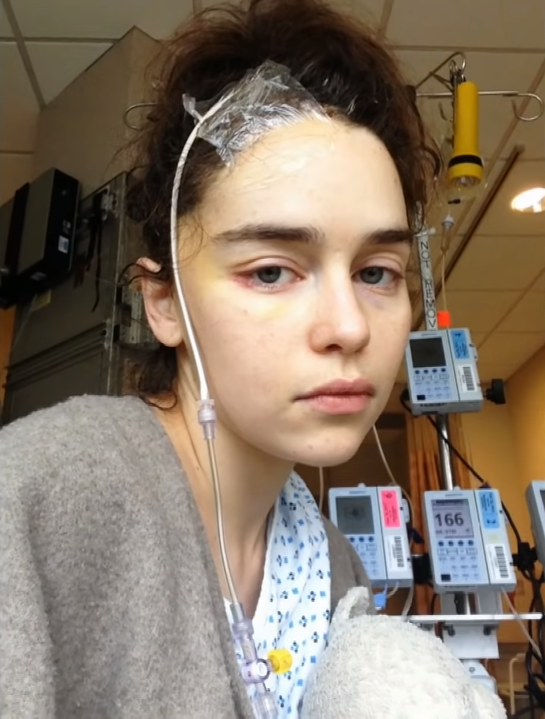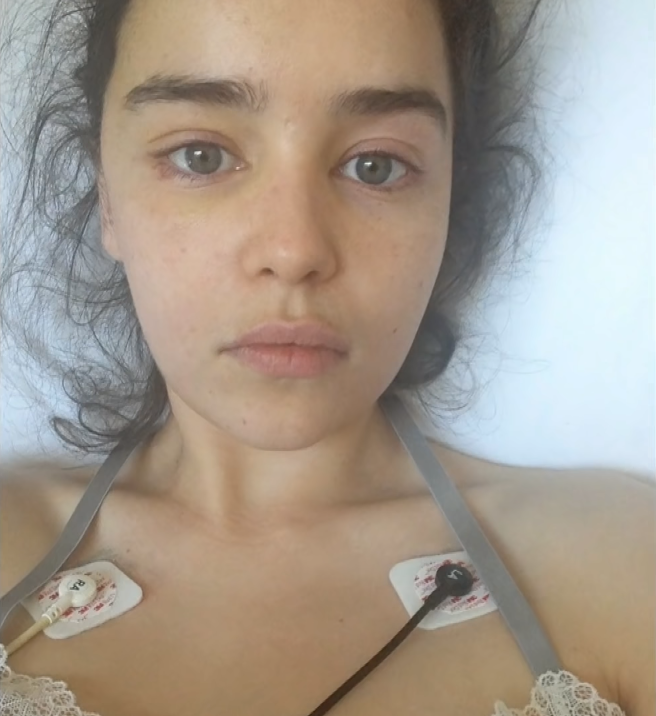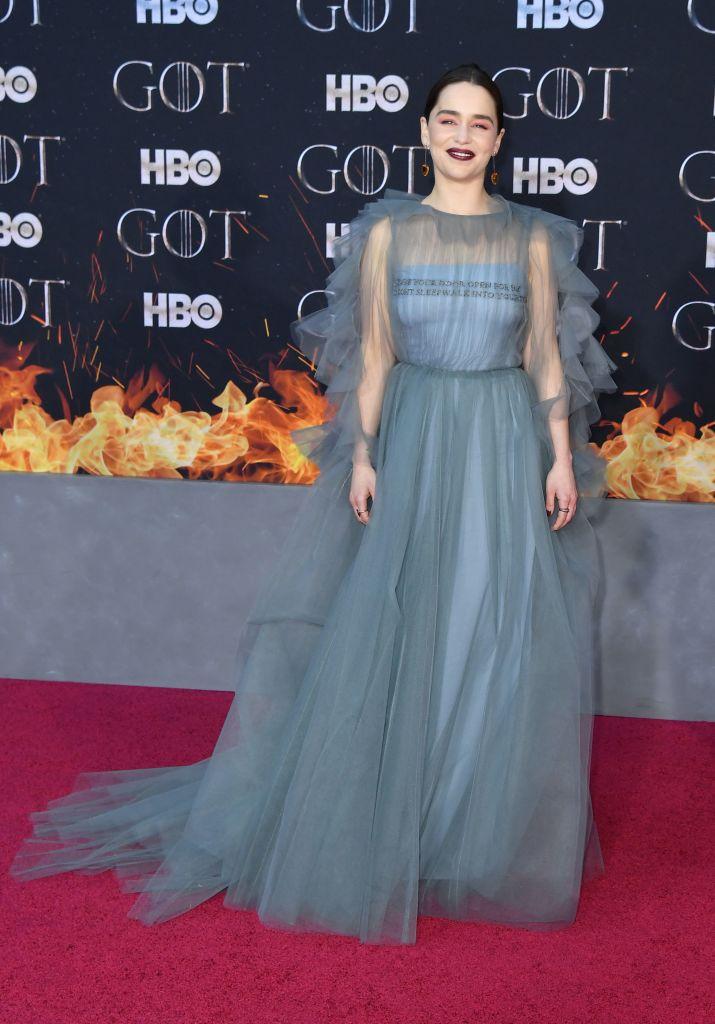The Independent's journalism is supported by our readers. When you purchase through links on our site, we may earn commission.
Game of Thrones star Emilia Clarke felt 'deeply unattractive' after having brain surgery
'What I can see now is that I could see the pain behind my eyes'

Your support helps us to tell the story
From reproductive rights to climate change to Big Tech, The Independent is on the ground when the story is developing. Whether it's investigating the financials of Elon Musk's pro-Trump PAC or producing our latest documentary, 'The A Word', which shines a light on the American women fighting for reproductive rights, we know how important it is to parse out the facts from the messaging.
At such a critical moment in US history, we need reporters on the ground. Your donation allows us to keep sending journalists to speak to both sides of the story.
The Independent is trusted by Americans across the entire political spectrum. And unlike many other quality news outlets, we choose not to lock Americans out of our reporting and analysis with paywalls. We believe quality journalism should be available to everyone, paid for by those who can afford it.
Your support makes all the difference.Emilia Clarke says she felt “deeply unattractive” after undergoing brain surgery.
In March, the Game of Thrones actor, who plays Daenerys Targaryen in the HBO show, revealed she suffered two brain aneurysms that required life-saving surgery in 2011.
Opening up about her experience in a powerful essay for The New Yorker, the 32-year-old explained her health problems began soon after she had finished filming for Game of Thrones’ first season.
She was later told she had experienced a subarachnoid haemorrhage (SAH) – an uncommon type of stroke caused by bleeding on the surface of the brain – and underwent two surgeries.
After her second surgery, Clarke says she was so distressed that there were days when she couldn’t bring herself to look at her reflection.
“I was so full of drugs from being in the hospital that I had a lot of water retention, and one half of my face was quite swollen,” she told Stylist magazine.
“I felt so deeply unattractive. What I can see now is that I could see the pain behind my eyes. And no amount of anything can cover that.”
Clarke said she found the experience “very, very difficult” and would often put make-up on without a mirror, which she admits probably made her “look a lot worse”.

Despite numerous red carpet appearances, press tours, and starring roles in films such as Me Before You and Solo:A Star Wars Story in recent years, the actor says it took a long time for her to rebuild her body confidence.
“[Now] I always err on the side of wearing less make-up,” she said.
“My face didn’t change, but my feelings about myself changed.”
Unfortunately for Clarke, her health struggles continued and in 2013, a brain scan revealed her second aneurysm had doubled in size and required another operation.
The procedure failed and Clarke suffered a “massive bleed” forcing doctors to operate again, this time accessing her brain through her skull.
While in recovery, Clarke said she suffered from anxiety and panic attacks and felt like a “shell of [herself]”, according to her essay.
Last month, Clarke shared previously unseen photographs taken in hospital after suffering from her brain injury.

In one of the photographs, the actor is lying in a hospital bed holding her phone, with the Game of Thrones red dragon sigil for House Targaryen visible on the back of her phone case.
In other pictures, the star is looking at the camera with a medical tube attached to her head and chest.
In March, Clarke launched SameYou, a charity aimed at supported young people with brain injuries.

In an Instagram video announcing the launch of the organisation, Clarke said she wants to break her silence over her near-fatal health scare to help others who are suffering from the “invisible illness”.
“I know from personal experience that the impact of brain injury is shattering,” Clarke said in the post which has been viewed more than 10.4 million times.
“Recovery is long-term and rehabilitation can be difficult to access. Brain injury can be an invisible illness and the subject is often taboo.
“We must help young adults take control of their recovery and allow them to open up without fear of stigma or shame.”
Join our commenting forum
Join thought-provoking conversations, follow other Independent readers and see their replies
Comments